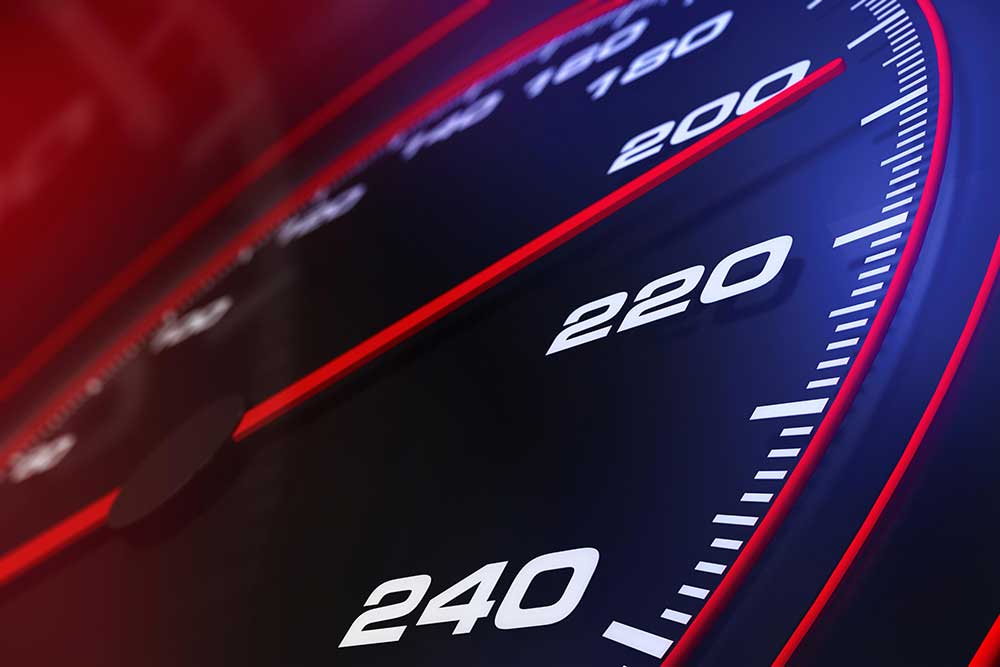Optimization isn’t the end game; it’s only the beginning.
With continuous advances in technology have come different factors that influence a brand’s reach, including great leaps forward in search engine optimization (SEO). However, with these improvements, people using the internet have also become more impatient. Users want access to information, and they want it now.
Major search engines like Google boast loading speeds of less than a tenth of a second, which means that information is practically instant. Can your website say the same?
Keep reading to learn more about how to make your site faster and keep those visitors from clicking off too soon.
Factors that Affect A Website’s Speed
Pages load at different speeds depending on the following:
- Multimedia files
- HTML code
- CSS and other factors
Website speed is the velocity at which a browser can read the information presented before displaying the correct formatting on the page it loads. It depends on whether it is a desktop or mobile device accessing your page, the code’s simplicity, rapid prototyping tools, responsive web design, and much more.
Reasons to Improve Your Website’s Speed
Why should you work to improve how fast your page loads? Speed streamlines the user’s experience and improves your site’s rank on search engine results pages.
A Better User Experience Translates to Higher Engagement
Why invest in high-quality web design? It guarantees that potential clients will have a great experience when they visit your website. Studies confirm that most users lose interest in a web page that takes longer than three seconds to load, which means losing them to other services.
So, improving a business website’s speed could directly translate to finding and keeping customers. Does your page load fast enough? Your customers will be more likely to explore your brand and shop for the product or service on offer.
Better Optimization Ensures Great Visibility
Poor website loading times can also affect your website’s SEO ranking. SEO is the method that websites use to optimize their content so that it potentially appears on the first page of a search engine result. People rarely venture to the second page.
Does your site’s content appeal to the Google algorithm? If so, it will feature in the top results. The algorithm assigns your site a ranking as it assesses its relevant content, such as internal links, keywords, location, and more.
Though high-quality content and relevant keywords are essential to search engine optimization, Google has recently introduced page speeds as one of the criteria that affect your site’s search engine rankings. So, SEO isn’t enough; speed matters more than ever.
High-Quality Website Design for Fast Web Pages
Do you need a professional design team to improve the speed of your website? Randy Speckman Design has designed and optimized great websites since 2006 with a team of experienced web designers who are experts in their craft.
Contact Randy Speckman Design today and take advantage of expert help with search engine optimization (SEO), responsive designs, and more!




